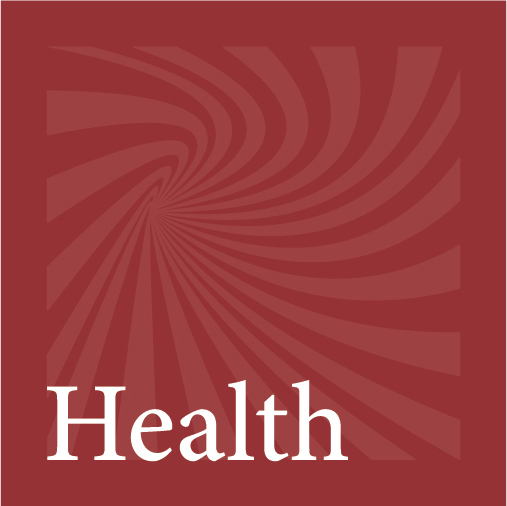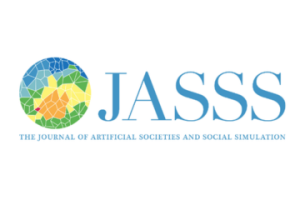In 1963, the United States Congress passed The Equal Pay Act, which prohibits wage and benefits discrimination based on gender. Subsequent laws (Title VII of the Civil Rights Act in 1964, the Age Discrimination in Employment Act in 1967, and Section 501 of the Rehabilitation Act in 1973) further prohibit compensation discrimination on the basis of race or national origin, religion, pregnancy, childbirth, transgender status, gender identity, sexual orientation, age, marital status, political affiliation, and disability. These laws support reporting of violations and the making of claims for redress.
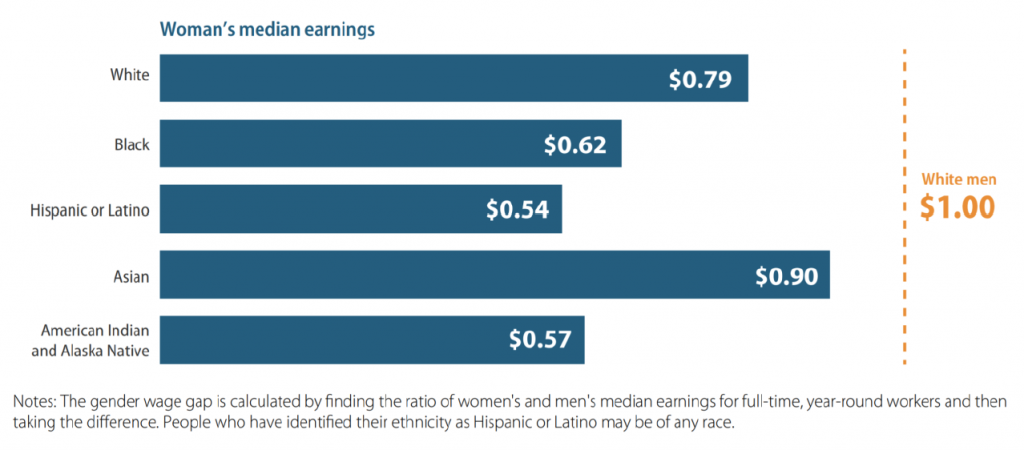
More than half-a-century later, how is the United States doing? According to the Center for American Progress, not great.
Our researchers are collecting data, conducting literature reviews, and analyzing policies to assess gender, race, LGBT+, and socio-economic equity in the sub-categories of power, wage, health, and pandemic safety. The project explores the effectiveness of policies aimed to address human factors such as Covid-19 vaccine hesitancy as well as a range of inequities, especially among populations comprising the bulk of essential workers. These complex systems come together in The Artificial Organization (TAO), a simulation designed to test strategies to accelerate equity based on race, sex and gender. TAO was developed by CMAC on Simudyne’s platform and in partnership with The MITRE Corporation and TensorX.
A shift in the field of modeling to include human factors and equity considerations will have a transformative impact in public health and management science at large, empowering organizations to make fairer decisions while minimizing risks for both human lives and corporate viability and reputation.
Focus areas
Meet the team
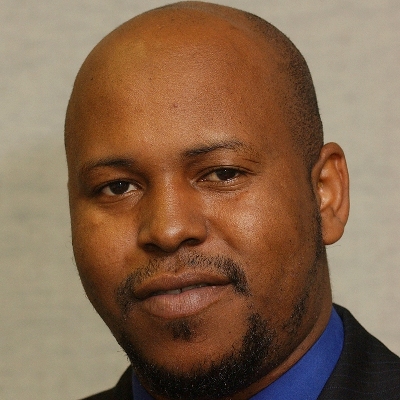

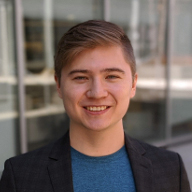


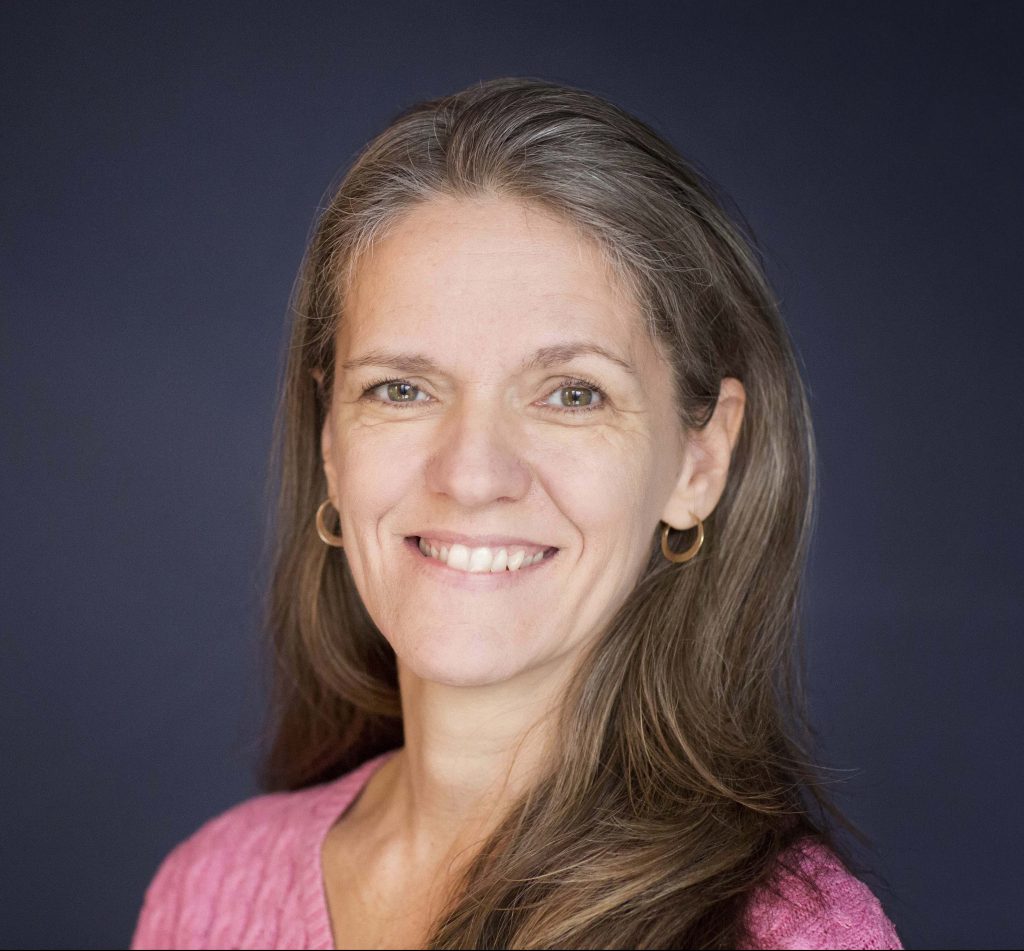


Approach
Equity is complex, involving multiple levels of interpersonal and environmental power dynamics. We have built a highly-adaptable artificial society that can be tailored to a variety of equity modules and corporate settings to test public and company policy initiatives. The model simulates problems such as inequities in wage, power, and health as well as myriad policies intended to mitigate those problems.

This allows us to generate insights into which policies really work, how policies interact, whether policies might have unwanted and unintended consequences, and when policies needlessly waste resources. Most importantly, we can identify which combination of policies are optimal for achieving equity goals in the fastest possible time given the realities of a specific organization. We are simulating educational, employment or community environments based on real-world data, where users may test policy options to amplify and accelerate equity outcomes or improve health and safety results.
We began the Modeling Equity project by building the only pandemic simulation taking account of a rich variety of human factors. TAO has demonstrated its predictive-intelligence capabilities in the most rigorous validation process ever attempted for an agent-based pandemic simulation: successfully reconstructing the history of infectivity rates for three universities on the basis of biological, institutional, interventional, and behavioral characteristics. Now we are applying the model to support wage and health equity in organizations.
Impact
TAO offers the potential to help organizations get on the fast track to gender, power, and health equity. We are modeling management problems and policies in several domains – wage equity, health equity, and pandemic management. Longer term targets include interpersonal health, employee wellbeing, cyber security, and organizational leadership self-understanding versus worker perception.
This resource for decision support impacts the population during the pandemic and in planning for future pandemics driven by infectious agents with potentially very different biological characteristics. Moreover, we demonstrate the importance of human factors in public health, the way human factors can lead to race-based and gender-based inequities, and the potential of computer simulation for informing policy.
Wage Equity
Equity considerations cannot be treated as residual to other organizational goals. Our team is studying equitable organizational management by quantifying equity, explaining to organizations how to collect the necessary data, and working with change-agents and stakeholders to evaluate policy and practice using those measures. The simulation will create a new standard within policy modeling while demonstrating to the broader field that modeling human factors and equity simultaneously is not only possible, but should be a cornerstone of the field moving forward.
Health Equity
The Covid-19 pandemic has shed light on the multiple layers of health inequities that exist in the areas of maternal, mental, geriatric, and child health. Patient narratives, surveys, and health outcomes data reported by hospitals illustrate how rising healthcare costs and inaccessibility disproportionately affect women and people of color. Modeling and simulation can draw attention to the intersection of healthcare costs and social barriers, thereby informing policies that reduce health inequities and health costs, resulting in stronger social and economic standing for multiple demographics.
Pandemic Management Modelling
Traditional epidemiological models do not take account of human factors, which are capable of comprehensively undermining pandemic management plans. They also ignore the equity consequences of pandemic management policies. With the right combination of subject-matter experts and clever engineering, a computational policy simulation can break new ground by incorporating a rich variety of policies, taking account of relevant human factors, and generating valuable insights to improve the performance of corporate pandemic management plans as measured by health outcomes, equity metrics, bottom-line costs, and corporate reputation.
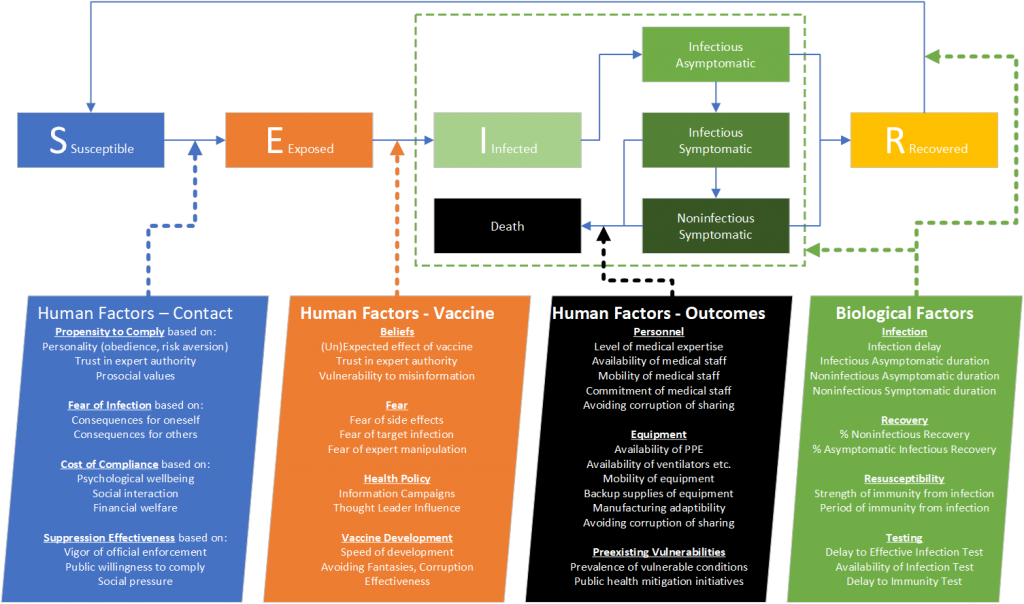
Latest updates
Publications
Rich Byrne, Gail H. Cassell, Matthew E. Downs, Florida International University, John Halamka, Shayri M. Kansagra, Leavitt Partners, Rakhee Palekar, Neelima Ramaraju, Kunal J. Rambhia, Kippy Rudy, Jay Schnitzer, Taylor Wilkerson. “Planning for On-Campus K-12 Education During COVID-19,” COVID-19 Healthcare Coalition. August 6, 2020.
Saikou Diallo, F. LeRon Shults, Wesley J. Wildman. “Minding morality: ethical artificial societies for public policy modeling,” AI & Society. August 7, 2020.
Wesley J. Wildman, Saikou Y. Diallo, George Hodulik, Andrew Page, Andreas Tolk, and Neha Gondal. “The Artificial University: Decision Support for Universities in the COVID-19 Era,” Complexity. December 30, 2021.


